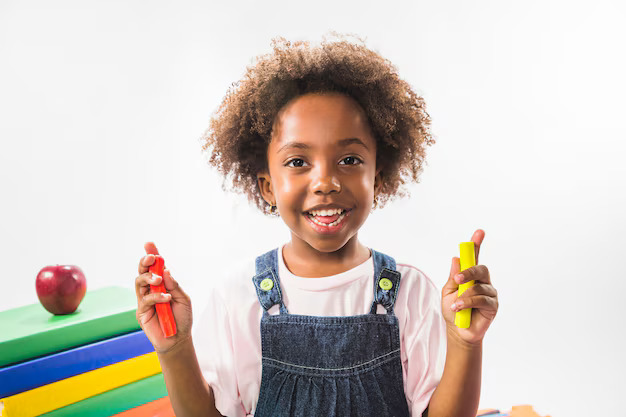
Play isn’t just fun—it’s an essential part of learning, especially for young children. Through play, children develop cognitive, social, and emotional skills that set the foundation for future learning.
Incorporating play into early childhood education helps students explore the world around them. Activities like building blocks and puzzles improve problem-solving skills, while pretend play nurtures creativity and empathy. Outdoor games promote physical development and teamwork.
Educators can create “play centers” in the classroom, where children engage in role-play scenarios, like running a store or exploring nature. Structured play allows teachers to guide learning, while free play fosters independence.
Remember, play isn’t just for early learners. Even older students benefit from playful activities that encourage collaboration and reduce stress. When learning feels like play, students engage more deeply and develop a love for lifelong learning.
Comments (0)
Categories
Recent posts
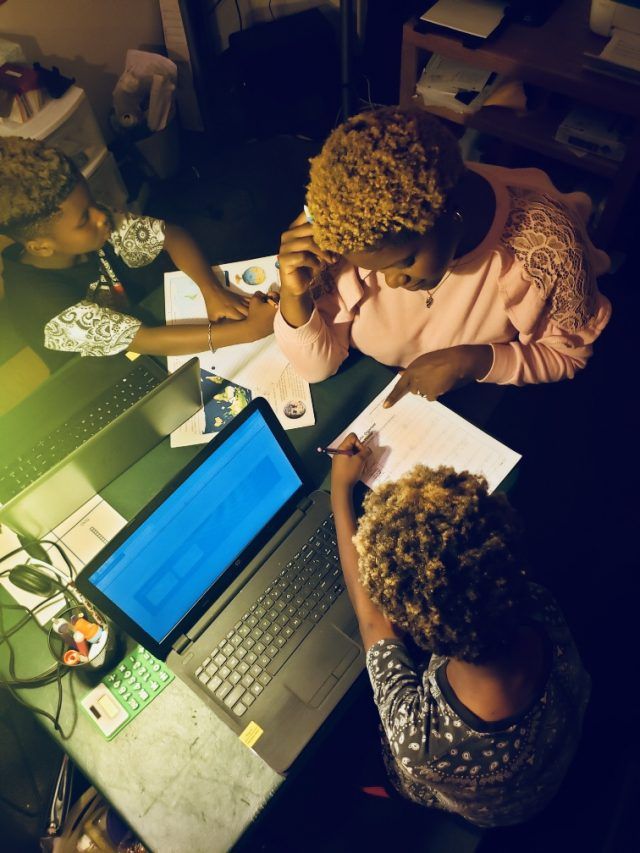

Exploring Different Career Paths: ...
1 Jul 2021
Celebrating Kenya’s Rising Star in ...
5 Oct 2024
The Richest People in the World ...
1 Jul 2021
Empowering Young Explorers through the ...
25 Sep 2024
Celebrating Teachers' Day
6 Oct 2024
Individual Development as the Pathway to ...
5 Oct 2024
Staying Current in a Changing Education ...
15 Oct 2024
Remote Work Trends: Digital Nomads
15 Oct 2024
Standing Up for Justice: Lessons from A ...
17 Jan 2025
Sneakers: A Lesson in History and ...
17 Jan 2025
Breaking into the World of Data ...
15 Oct 2024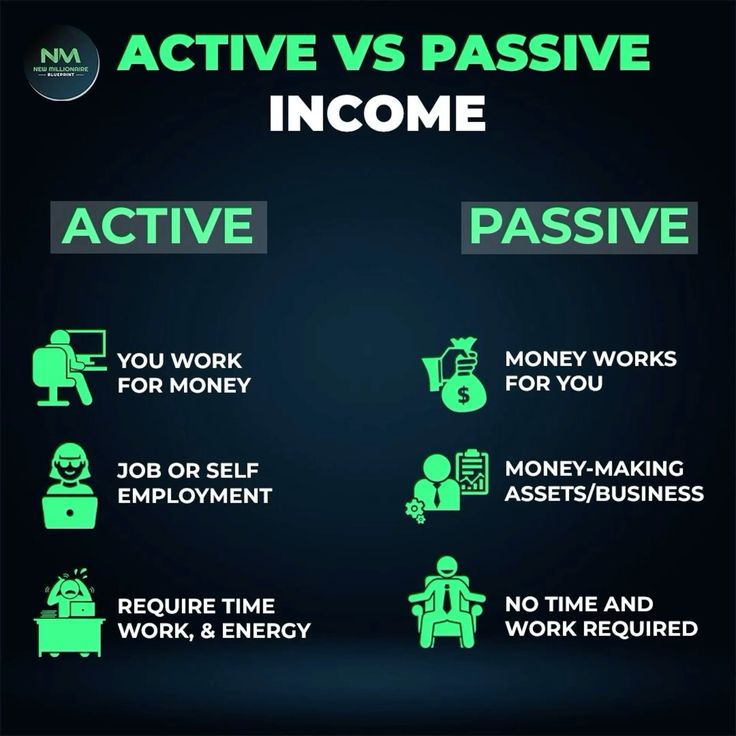
Active vs. Passive Income: Striking a ...
17 Jan 2025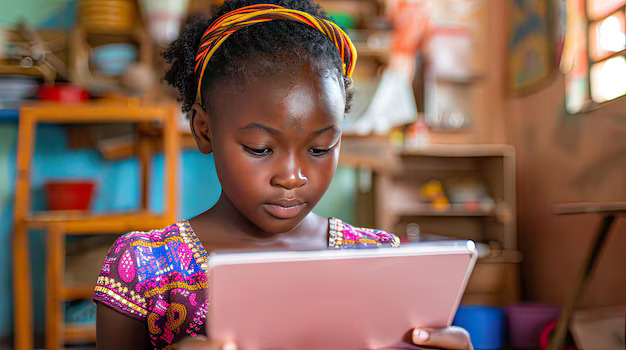
Integrating EdTech for Engaging Lessons
15 Oct 2024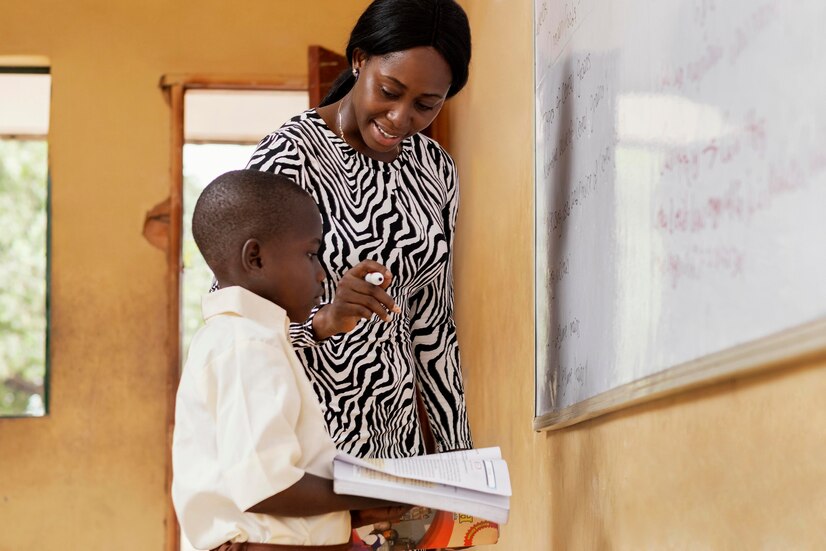
Nurturing Critical Thinking in the ...
15 Oct 2024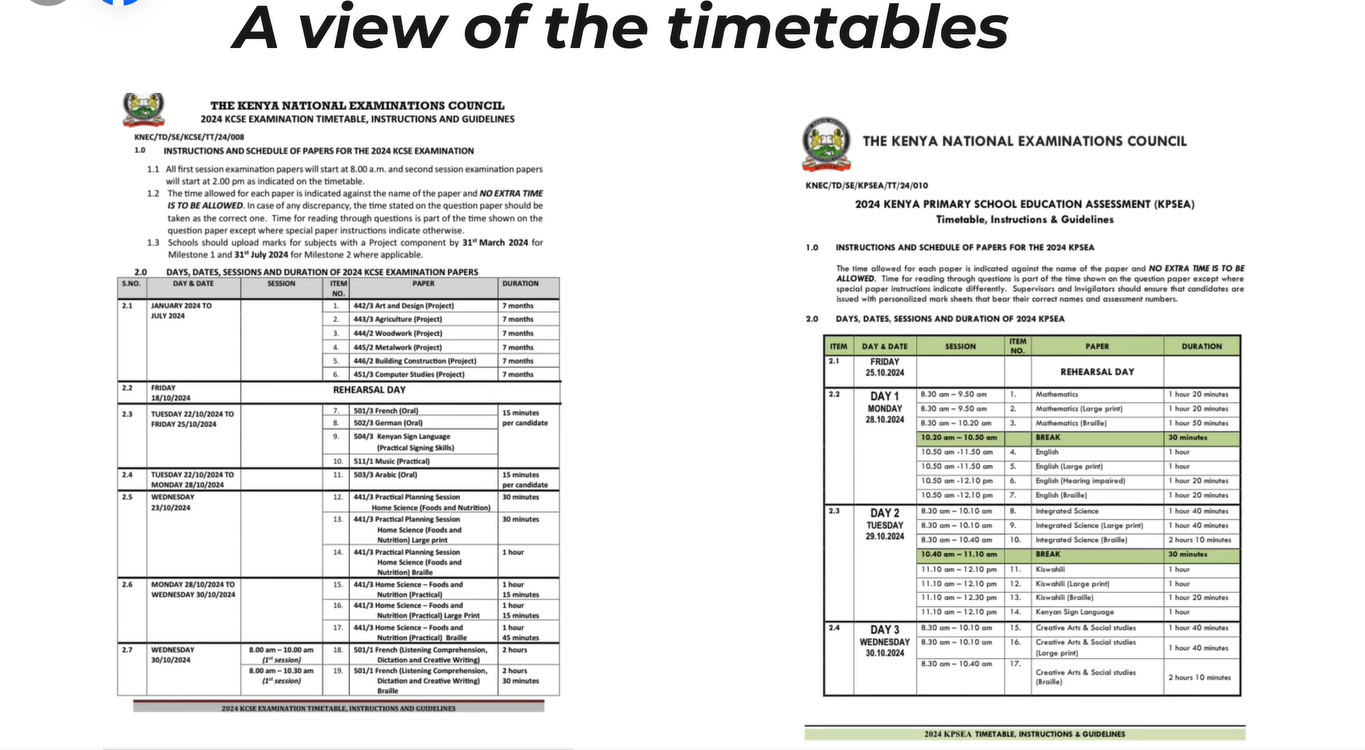
KIPSEA National Timetable for Grade 6 ...
27 Oct 2024
'Kenyan Dress': Embracing Cultural ...
5 Oct 2024
Features of work songs
17 Jan 2025World Oceans Day
5 Oct 2024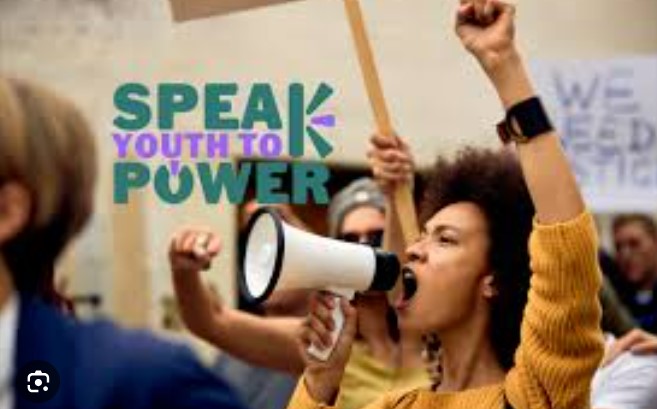
Youth Participation in Politics
5 Oct 2024
Egg Chop: Quick, Delicious, and Perfect ...
17 Jan 2025
Cryptocurrency: A High Schooler’s ...
1 Jul 2021
The baobab tree: Kenya’s ancient ...
17 Jan 2025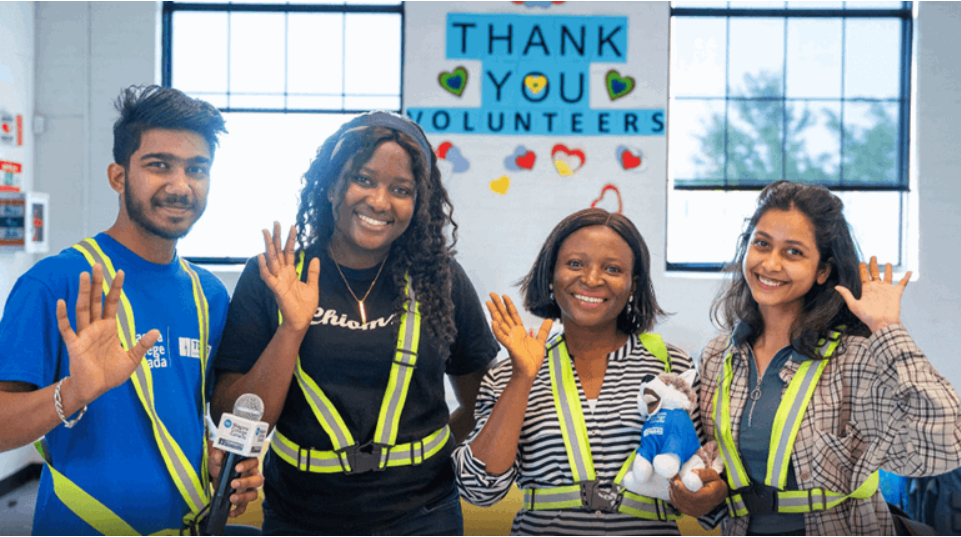
Why Giving Back Makes You a Better ...
11 Oct 2024
How AI Is Changing the Job Market
15 Oct 2024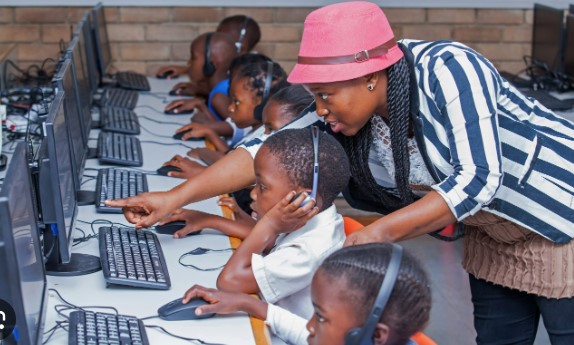
Why You Students Should Embrace Digital ...
5 Oct 2024
Mastering Time Management for Career ...
15 Oct 2024
How to Build a Personal Brand That ...
15 Oct 2024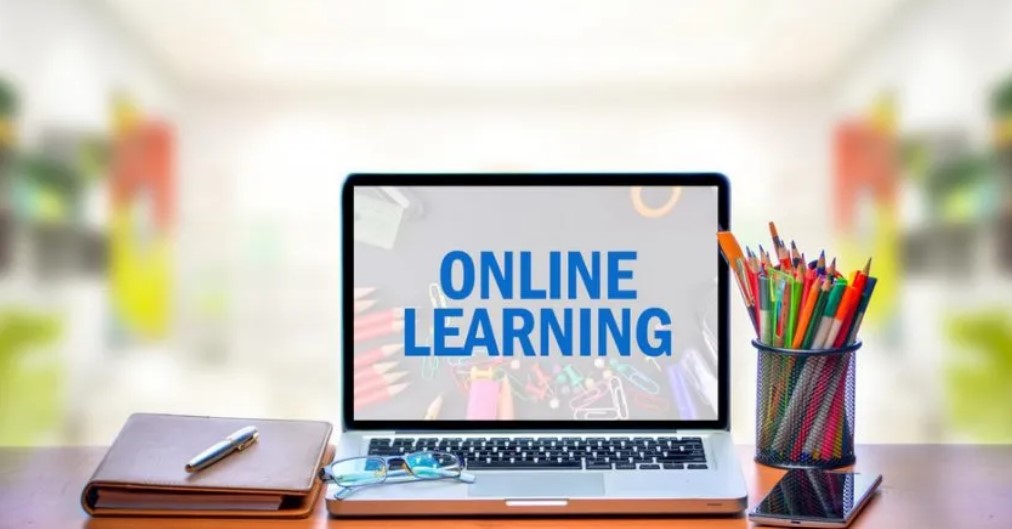
Unlocking the Power of Digital Learning
5 Oct 2024
Sådan finder du balance mellem arbejde ...
23 Oct 2024
Exploring the Universe
15 Oct 2024
Celebrating Creativity at St. Mary's ...
5 Oct 2024
How Volcanoes Make New Islands
15 Oct 2024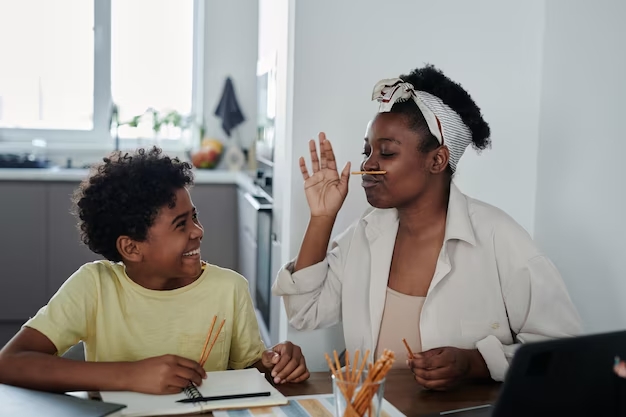
Supporting Students' Mental Well-being
15 Oct 2024
Why Do Birds Fly South in Winter?
14 Oct 2024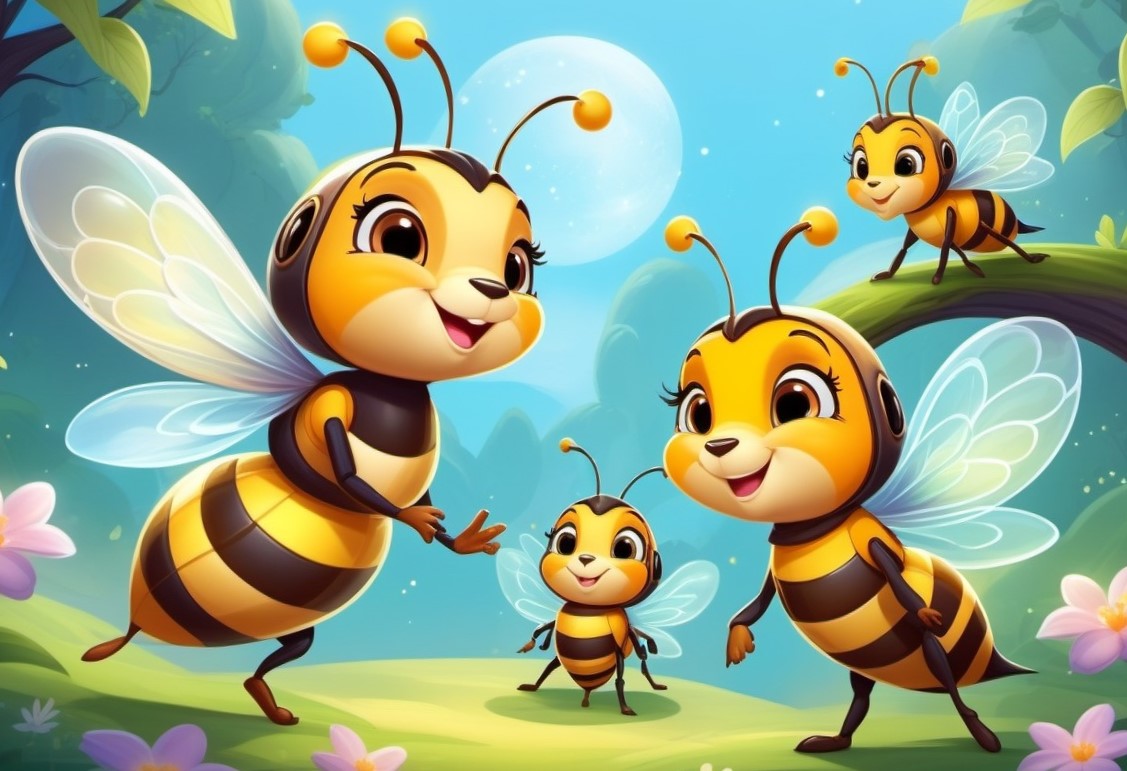
The Secret Life of Bees and Why They ...
15 Oct 2024
The Role of Play in Early Childhood ...
15 Oct 2024
Lighting Up the Future
15 Oct 2024
The Science of Rainbows
15 Oct 2024
Toaster
17 Jan 2025
The Great Dinosaur Hunt
15 Oct 2024
Trump supporters storm the Capitol
17 Jan 2025
Digital Health in a Busy World
17 Jan 2025



